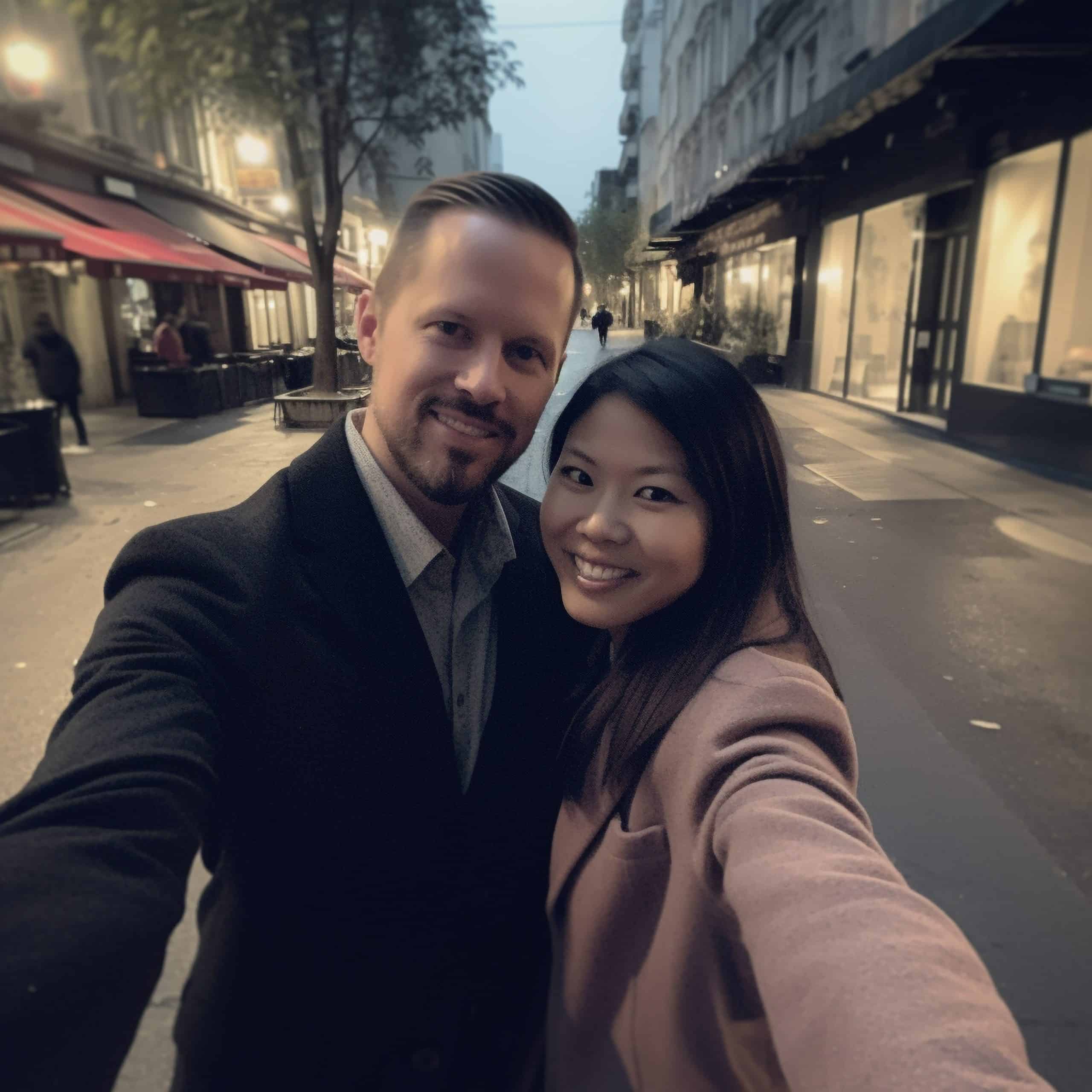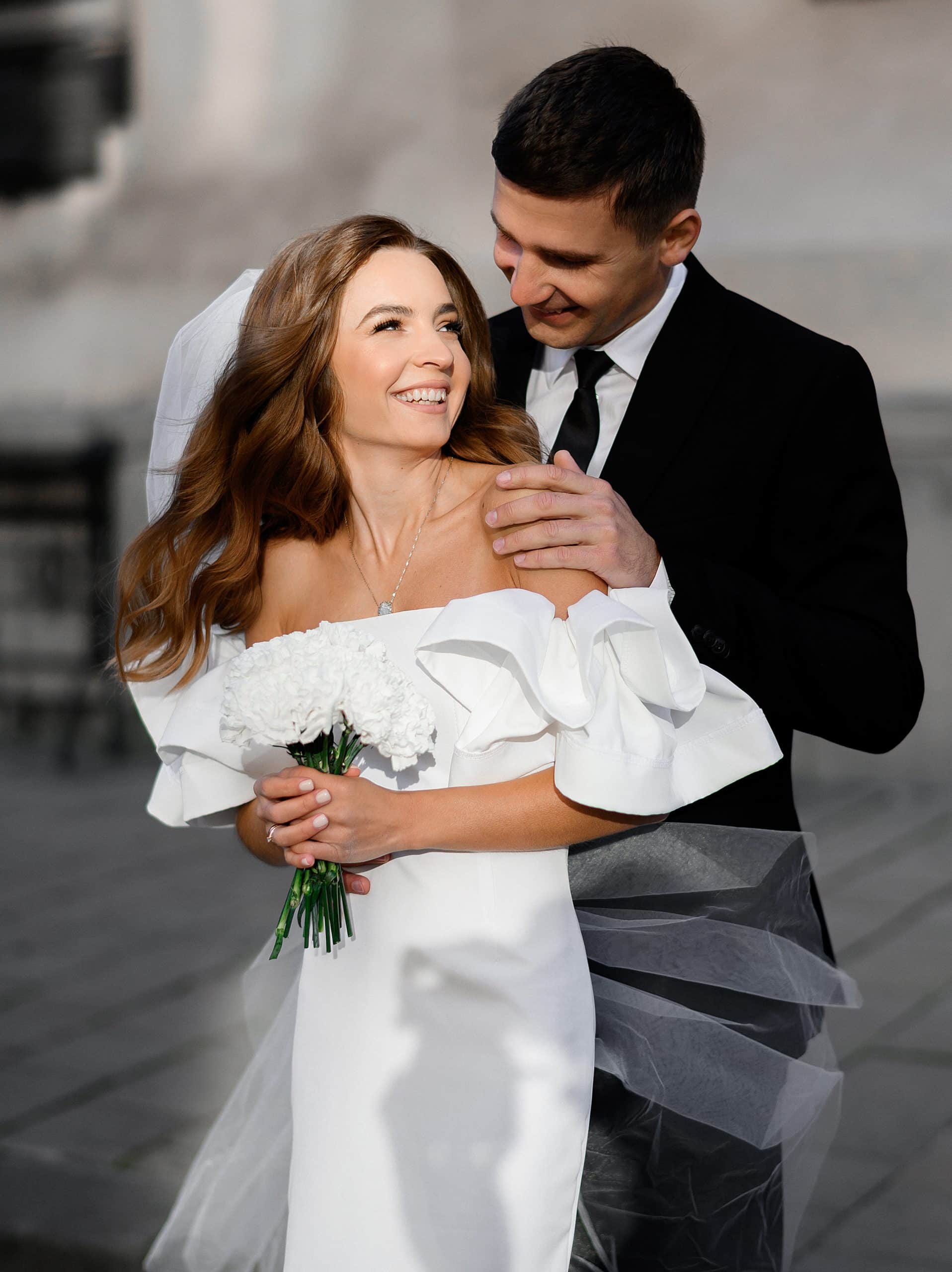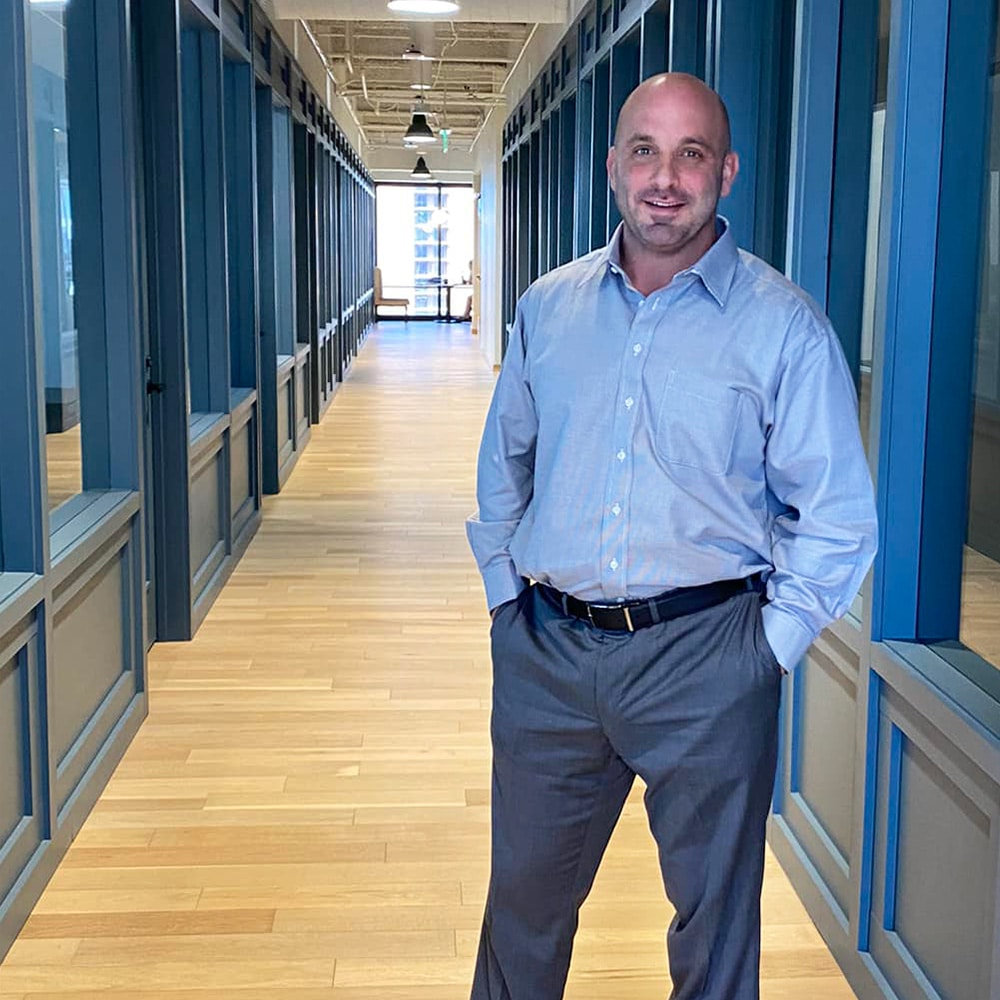Embarking on the journey of love across borders can be both thrilling and daunting. For couples in Texas with the desire to bring their foreign fiancé to the United States, understanding the intricacies of the K-1 fiancé visa process is crucial.
In our article, “From Engagement to Reunion: Exploring the K-1 Fiancé Visa Journey in Texas,” we delve into the steps, challenges, and legal requirements involved in obtaining a K-1 visa for reunion with your fiancé.
With Michael Piri’s signature expertise and attention to details, we present an informative guide that aims to equip you with the knowledge needed to navigate through the complex visa process seamlessly.
From determining eligibility and gathering necessary documents to preparing for the interview and awaiting approval, we leave no stone unturned. Our aim is to empower couples with the information to approach the K-1 fiancé visa journey with confidence and ease, ensuring a smooth transition from engagement to reunion.
Join us on this enlightening adventure as we shed light on the K-1 visa process and offer valuable insights from experienced legal professionals.
Eligibility requirements for the K-1 Fiancé Visa
The K-1 Fiancé Visa is a non-immigrant visa that allows a foreign national to travel to the United States for the purpose of marrying a US citizen. To be eligible for the K-1 Visa, the petitioner (the US citizen) must meet certain requirements. Firstly, the petitioner must be a US citizen, not a permanent resident or a non-citizen. Secondly, the petitioner must have met the fiancé in person within the past two years before filing the petition. Thirdly, the petitioner and the fiancé must have a bona fide relationship and intend to marry within 90 days of the fiancé’s arrival in the United States. Lastly, both parties must be legally free to marry and not be related by blood.
It is important to note that meeting these eligibility requirements does not guarantee approval of the K-1 Visa. The USCIS will still review the petition and may request additional evidence to support the relationship between the petitioner and the fiancé. Once the petition is approved, the fiancé will need to undergo additional steps to obtain the actual visa, including an interview at the US Embassy or Consulate in their home country.
Understanding the fiancé visa interview
The fiancé visa interview is an important part of the K-1 visa process. The interview is conducted at the US Embassy or Consulate in the fiancé’s home country and is designed to determine if the relationship between the petitioner and the fiancé is genuine. During the interview, the fiancé will be asked questions about their relationship with the petitioner, their plans after arriving in the United States, and their background.
It is important to prepare thoroughly for the interview to ensure a successful outcome. The petitioner and fiancé should review the documents they submitted with the petition, practice answering potential questions, and dress appropriately for the interview. If the fiancé is not fluent in English, they may need to bring a translator with them to the interview.
Common challenges faced during the K-1 Fiancé Visa process
The K-1 Fiancé Visa process can be riddled with challenges. One of the most common challenges is the request for additional evidence or information by the USCIS or the US Embassy or Consulate. This can cause delays in the process and increase the overall time and expense of obtaining the visa.
Another common challenge is the interview itself. Many couples find the interview intimidating and nerve-wracking, which can lead to mistakes or misunderstandings. It is important to approach the interview with confidence and to be prepared for any potential questions or issues.
Lastly, maintaining legal status after obtaining the K-1 Visa can be a challenge for some couples. It is important to understand the obligations and restrictions that come with the visa, such as the requirement to marry within 90 days of arrival in the United States and the prohibition on working without first obtaining a work permit.

Tips for a successful K-1 Fiancé Visa application in Texas
To help ensure a successful K-1 Fiancé Visa application in Texas, here are some tips:
– Gather all necessary documents and evidence before filing the petition
– Be truthful and accurate when completing the forms and providing information
– Prepare thoroughly for the interview, including practicing potential questions
– Follow all instructions provided by the USCIS and the US Embassy or Consulate
– Hire a qualified immigration attorney to assist with the process
Adjusting status after marriage on a K-1 Fiancé Visa
After the marriage takes place, the fiancé will need to apply for adjustment of status to become a lawful permanent resident. The adjustment of status process involves filing Form I-485, Application to Register Permanent Residence or Adjust Status, and attending an interview with the USCIS. The process can take several months to complete, and the fiancé may need to undergo additional background checks or provide additional evidence.
Maintaining legal status and obligations after obtaining a K-1 Fiancé Visa
Once the fiancé obtains a K-1 Fiancé Visa and enters the United States, they are required to marry their US citizen fiancé within 90 days. Failure to do so can result in the fiancé being required to leave the United States. Additionally, the fiancé is not allowed to work in the United States until they obtain a work permit, which can take several months to process. The fiancé is also required to maintain legal status and obey all laws while in the United States.
Frequently asked questions about the K-1 Fiancé Visa process in Texas
Here are some frequently asked questions about the K-1 Fiancé Visa process in Texas:
How long does it take to obtain a K-1 Fiancé Visa?
The processing time for a K-1 Fiancé Visa can vary depending on several factors, such as the location of the USCIS office and the US Embassy or Consulate. Generally, the process can take anywhere from six months to a year or more.
Can my fiancé work in the United States with a K-1 Visa?
No, the fiancé is not allowed to work in the United States until they obtain a work permit.
What happens if we don’t marry within 90 days?
If the couple does not marry within 90 days, the fiancé will be required to leave the United States.
Can I apply for a K-1 Visa for my same-sex fiancé?
Yes, same-sex couples are eligible to apply for the K-1 Fiancé Visa.
Conclusion: Celebrating love and unity through the K-1 Fiancé Visa journey in Texas
The K-1 Fiancé Visa journey can be a complex and challenging process, but with the right guidance, it can be completed successfully. By understanding the eligibility requirements, the step-by-step process, and the common challenges and tips, couples can approach the process with confidence and ease. At [Brand Voice], we celebrate love and unity and are proud to assist and guide couples through this life-changing journey.






